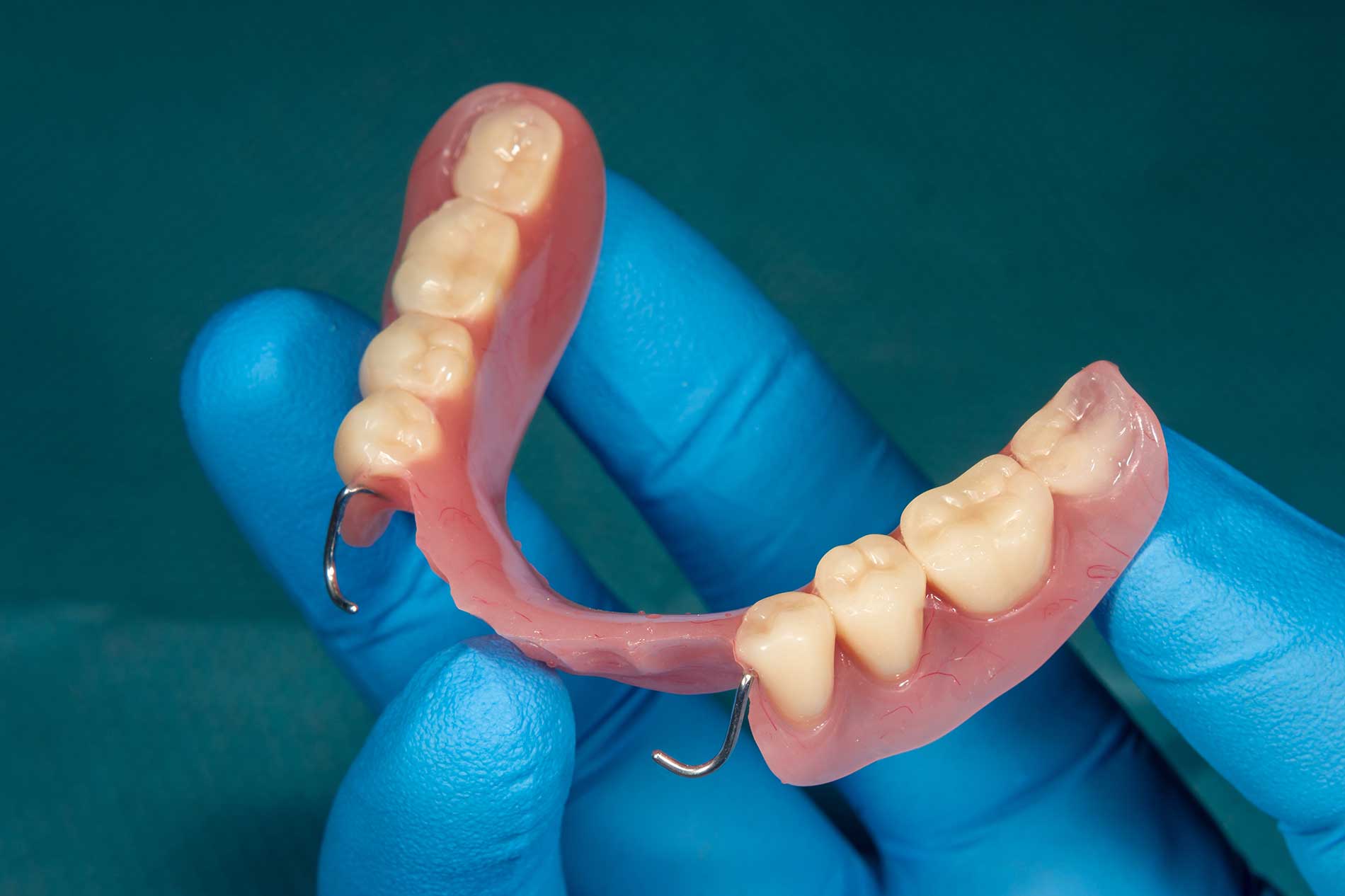
Two Convenient Locations to Serve You Better
Why Choose Community Denture Centre?





Regain confidence in your smile with functional, well-fitting dentures from the caring and experienced denturists at Community Denture Centre. With over 70 years of combined experience, we are Penticton and Oliver’s best choice for complete and partial dentures, cleaning, relines, repairs and more.
Further reading: How A Healthy Smile Can Improve Your Mental Health


Regain confidence in your smile with functional, well-fitting dentures from the caring and experienced denturists at Community Denture Centre. With over 70 years of combined experience, we are the South Okanagan’s home for complete and partial dentures, relines, repairs and more.
Further reading: Tips for Speaking Confidently With Dentures

If there’s one face that represented hockey in the 1970s, it was Bobby Clarke. His toothless grin was on full display when the Philadelphia Flyers won back-to-back Stanley Cups in ’73-74 and ’74-75. Bobby’s on-ice aggression led to many scraps—and tooth loss. Bobby is missing his 4 front teeth and now wears a partial denture to fill in his trademark gap.
Sidney has been the heart of the Pittsburgh Penguins since he was drafted in 2005. Known as the quintessential team player, it was a shock when he was struck in the face by a teammate’s slap shot during a game against the New York Islanders in 2013. After the pain from the blow wore off, Crosby needed immediate dentures. He was missing 10 teeth and suffered a fractured lower jaw. He now wears implant-supported dentures.





At Community Denture Centre we are here for you! We can provide you with a quote for complete custom dentures and partials. Our modern technology gives you a beautiful smile built for precision and comfort. Contact us at our Penticton or Oliver office today!